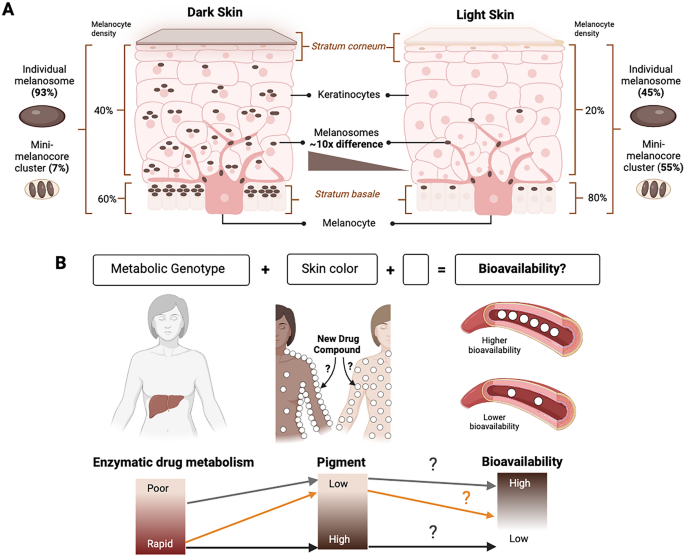2024-10-10 カリフォルニア大学バークレー校(UCB)
<関連情報>
- https://news.berkeley.edu/2024/10/10/to-make-children-better-fact-checkers-expose-them-to-more-misinformation-with-oversight/
- https://www.nature.com/articles/s41562-024-01992-8
検出可能な不正確な情報に触れることで、子供たちは斬新な主張の事実確認をより熱心に行うようになる Exposure to detectable inaccuracies makes children more diligent fact-checkers of novel claims
Evan Orticio,Martin Meyer & Celeste Kidd
Nature Human Behaviour Published:10 October 2024
DOI:https://doi.org/10.1038/s41562-024-01992-8

Abstract
How do children decide when to believe a claim? Here we show that children fact-check claims more and are better able to catch misinformation when they have been exposed to detectable inaccuracies. In two experiments (N = 122), 4–7-year-old children exposed to falsity (as opposed to all true information) sampled more evidence before verifying a test claim in a novel domain. Children’s evidentiary standards were graded: fact-checking increased with higher proportions of false statements heard during exposure. A simulation suggests that children’s behaviour is adaptive, because increased fact-checking in more dubious environments supports the discovery of potential misinformation. Importantly, children were least diligent at fact-checking a new claim when all prior information was true, suggesting that sanitizing children’s informational environments may inadvertently dampen their natural scepticism. Instead, these findings support the counterintuitive possibility that exposing children to some nonsense may scaffold vigilance towards more subtle misinformation in the future.


